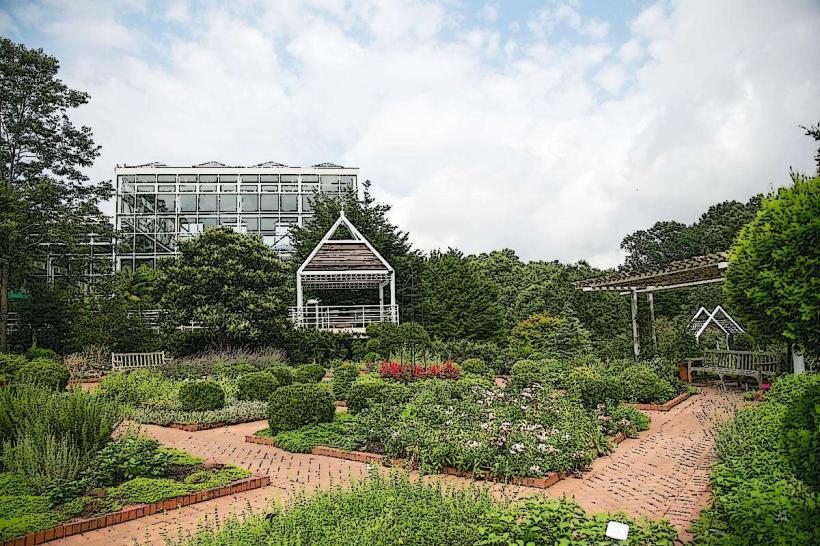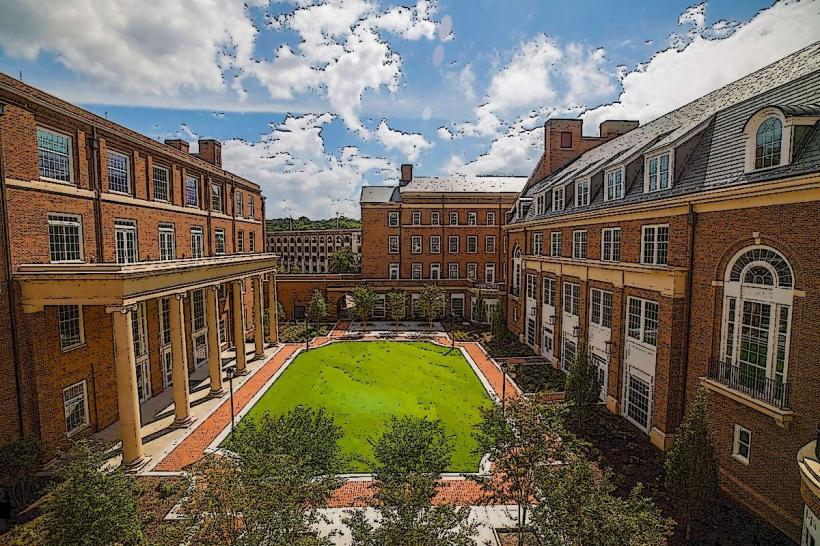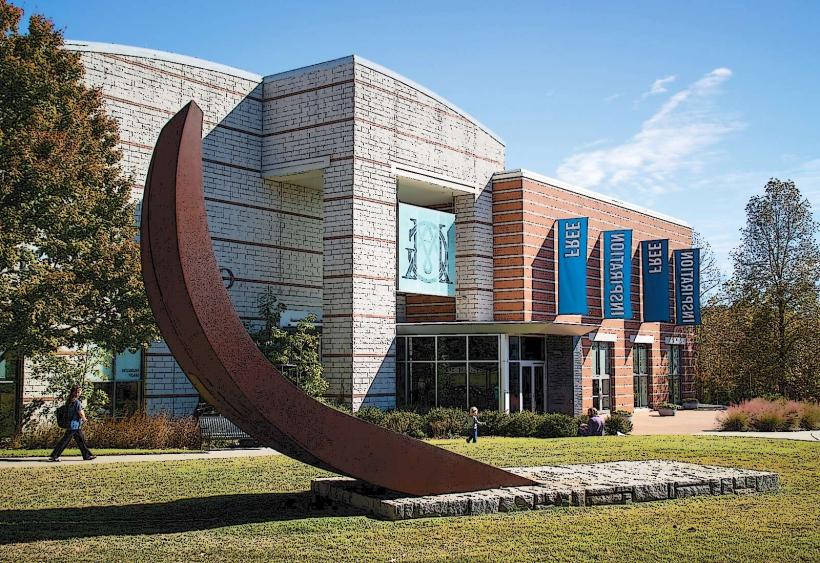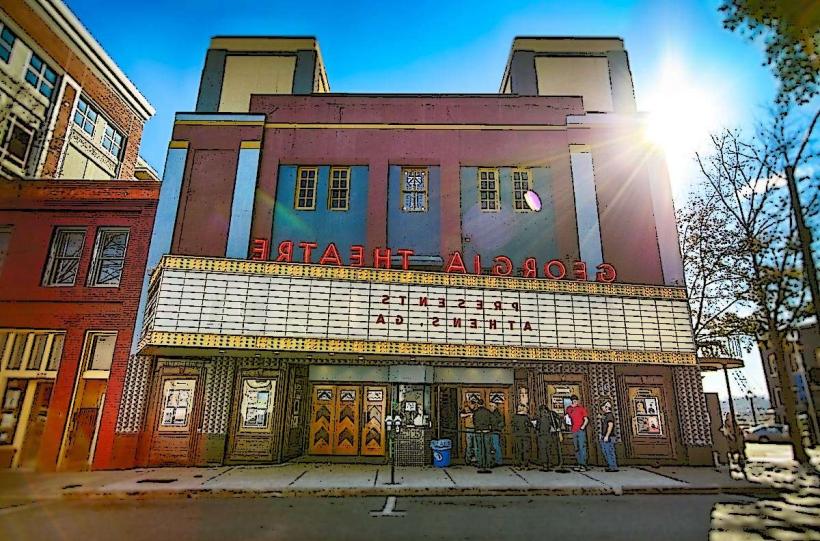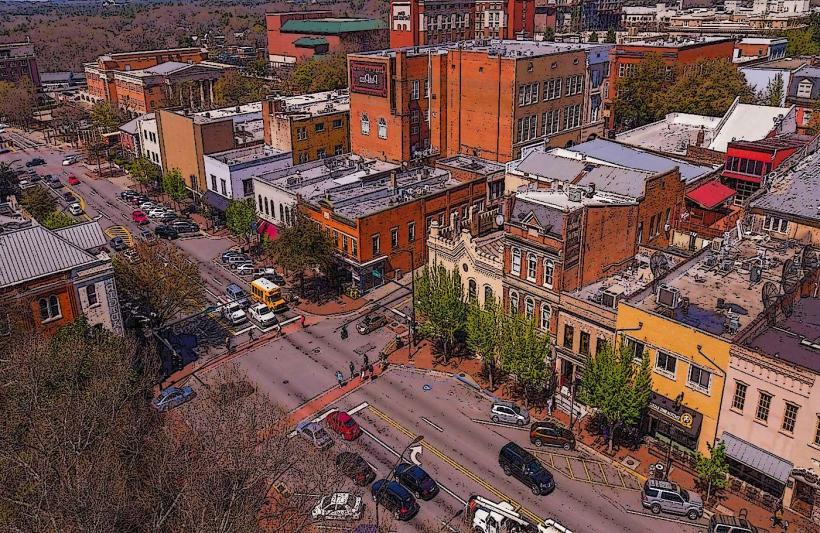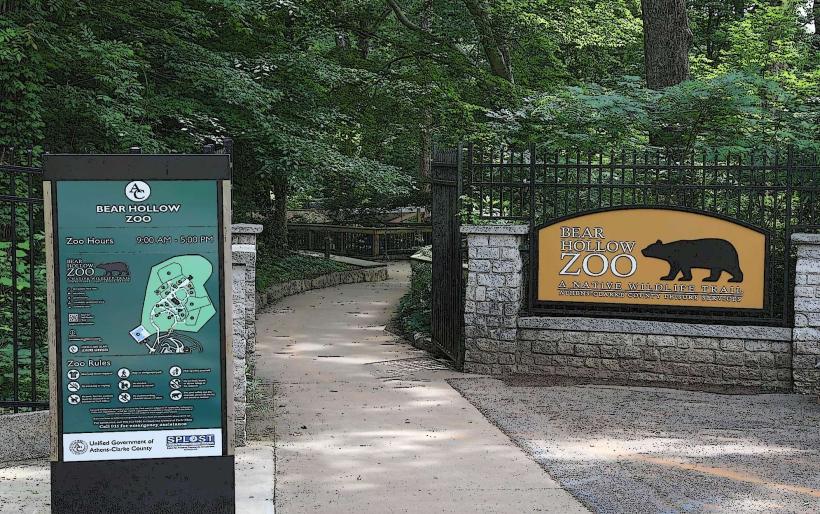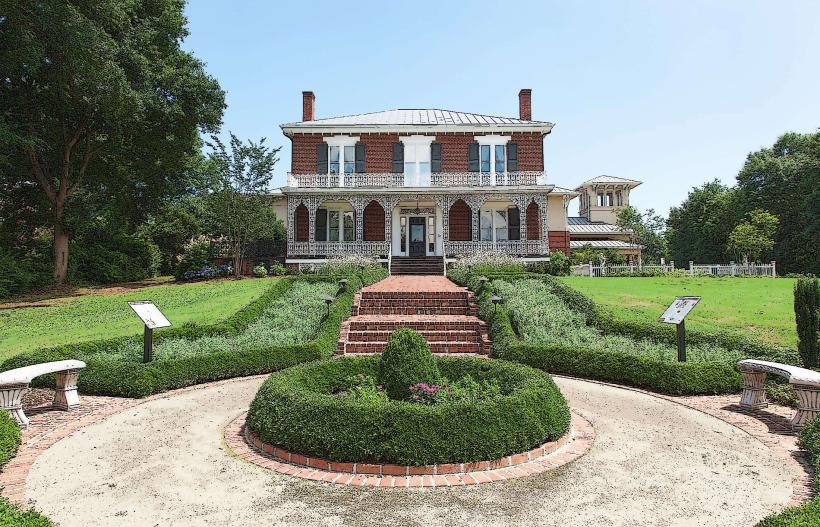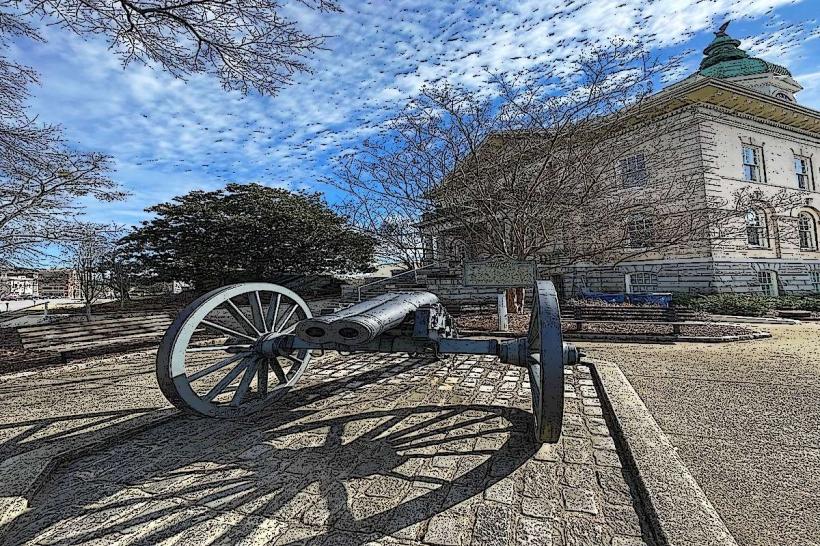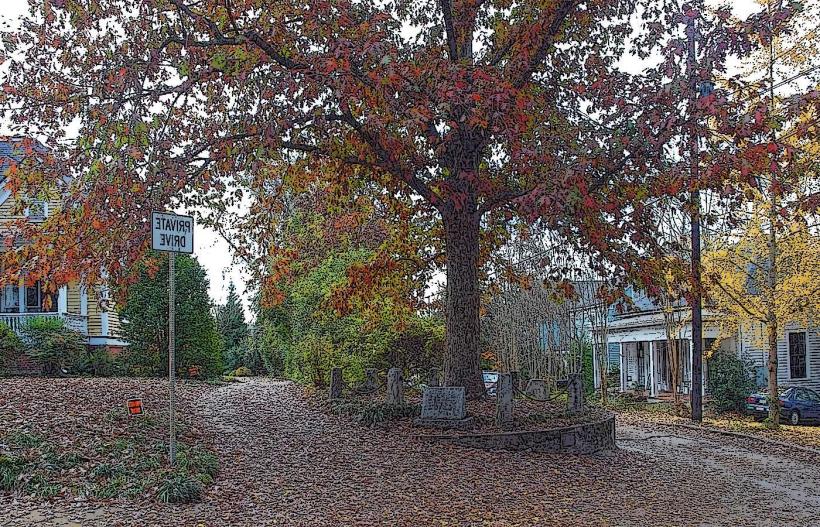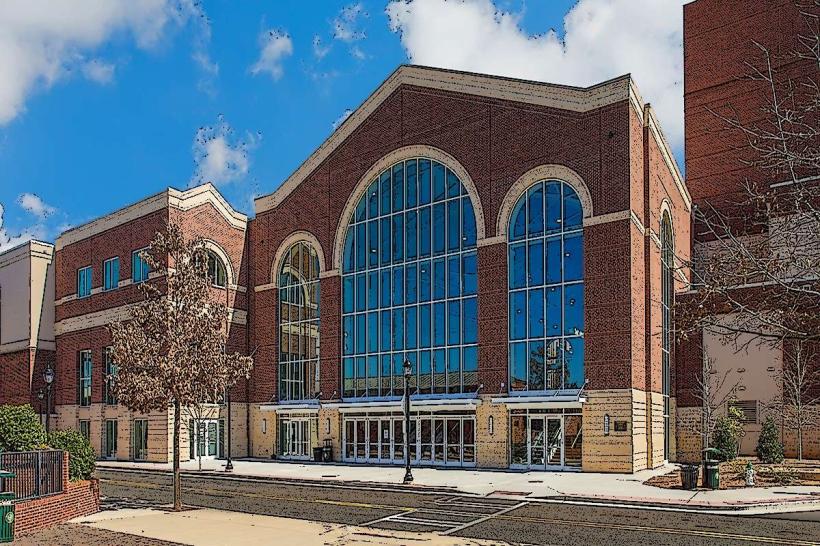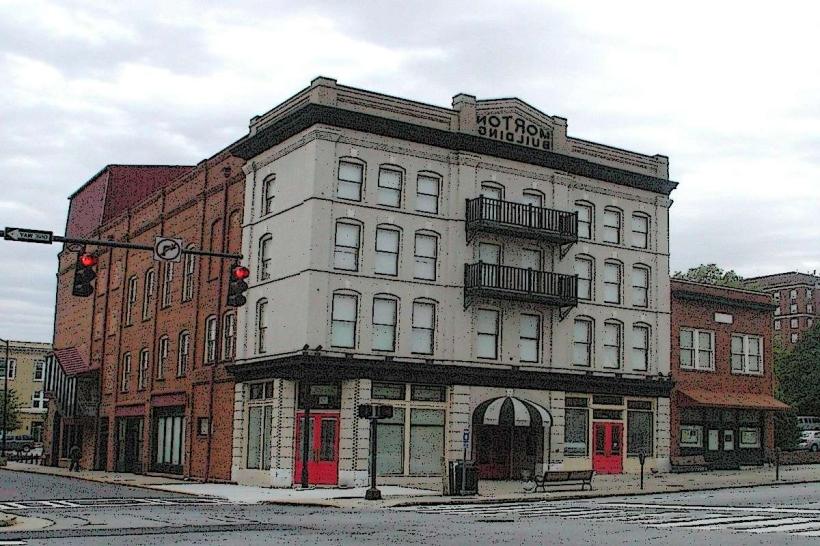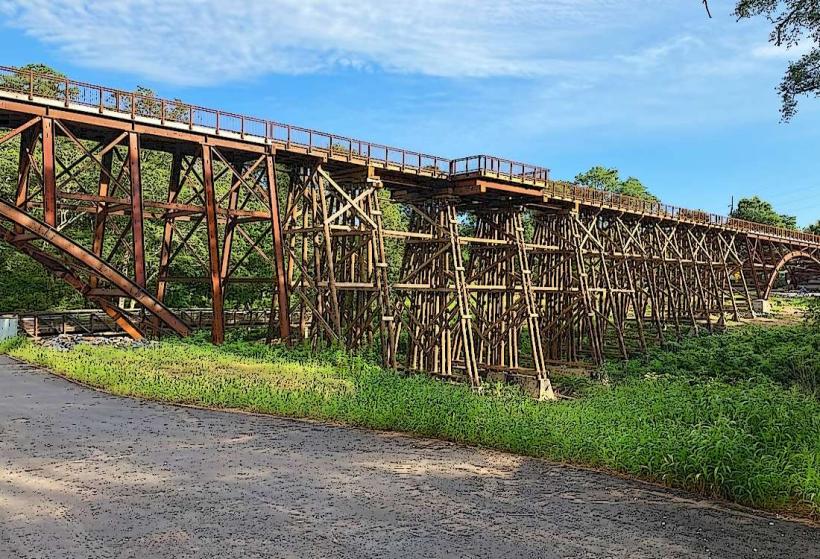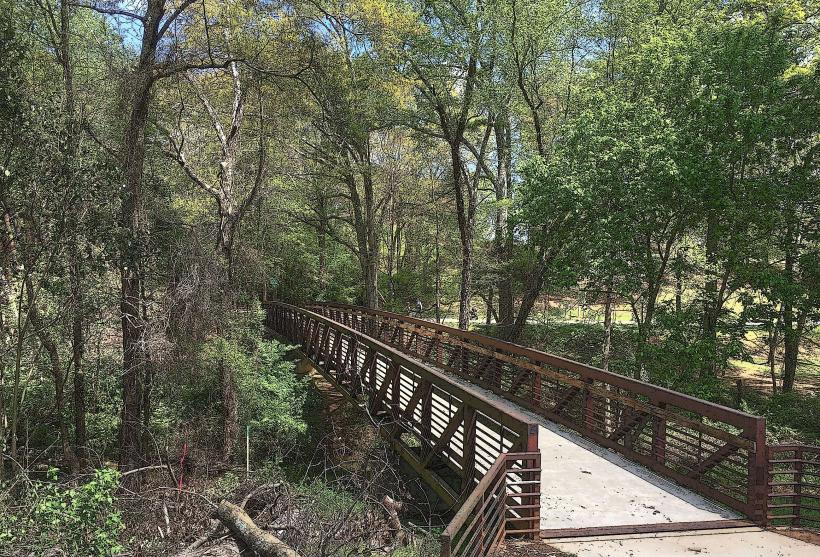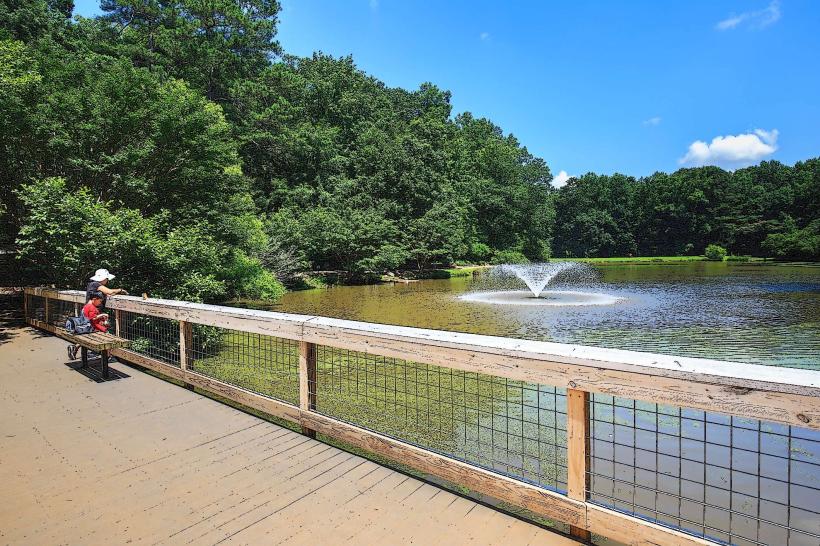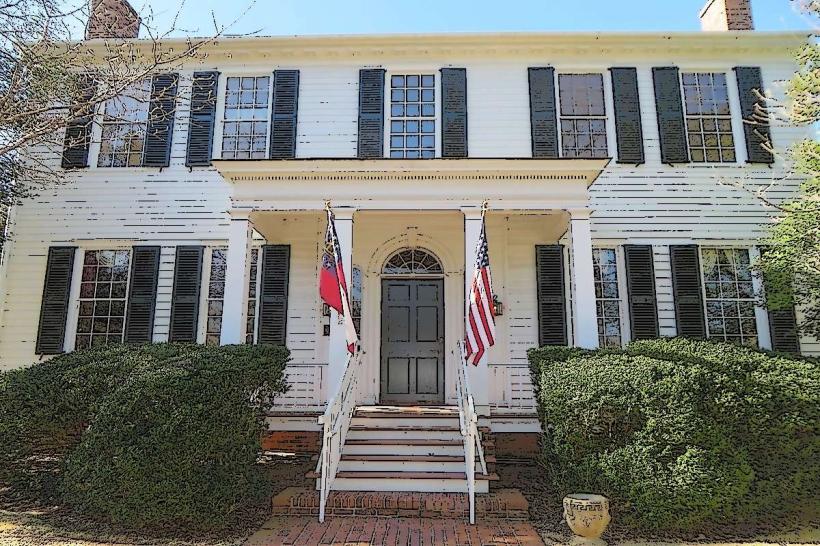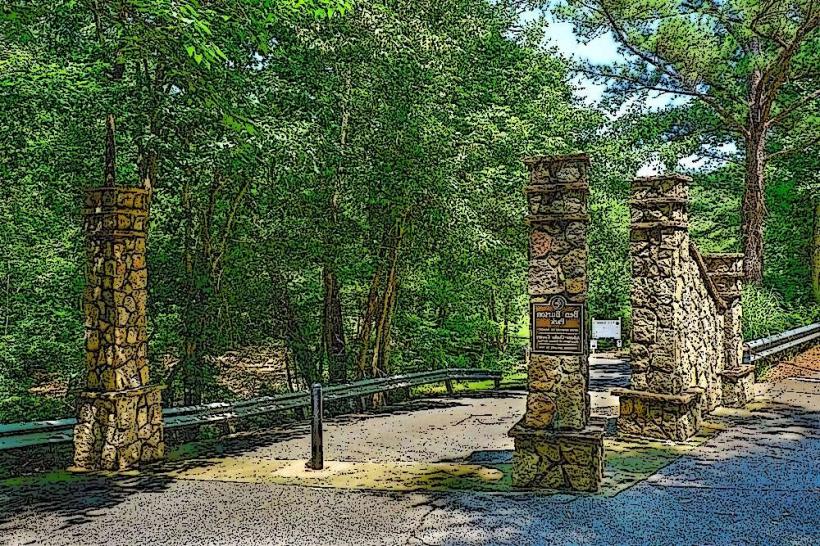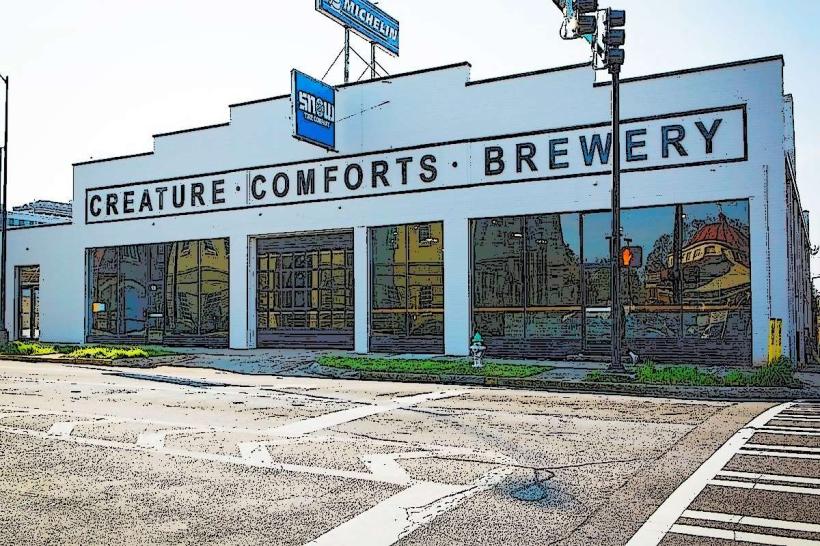Information
Landmark: Ware-Lyndon HouseCity: Athens City
Country: USA Georgia
Continent: North America
Ware-Lyndon House, Athens City, USA Georgia, North America
The Ware-Lyndon House is a historic house museum located in Athens, Georgia, USA.
It preserves and interprets the domestic life of a prominent Athens family from the 19th and early 20th centuries.
Visual Characteristics
The house is a two-story, Federal-style brick structure with a low-pitched hip roof. It features a central projecting pavilion with a pediment and a Palladian window. The exterior brickwork is painted white. A two-story portico with Tuscan columns extends across the front facade. The interior retains original plasterwork, woodwork, and flooring.
Location & Access Logistics
The Ware-Lyndon House is situated at 263 North Hull Street, Athens, Georgia. It is approximately 1.5km north of the Athens City center. Parking is available on-site in a dedicated lot. Public transport options include the Athens-Clarke County Transit bus system; Route 5 stops within 0.2km of the house.
Historical & Ecological Origin
Construction of the house began in 1818 and was completed in 1820. It was built for Eliza Ware and her husband, Dr. William Ware. The house was designed by an unknown architect. Its original purpose was as a private residence for the Ware family.
Key Highlights & Activities
Visitors can tour the restored rooms of the house, which are furnished with period artifacts. The grounds include a formal garden. Educational programs and special events are held throughout the year. Photography is permitted within the house and on the grounds.
Infrastructure & Amenities
Restrooms are available on-site. Limited shade is provided by mature trees on the property. Cell phone signal (4G/5G) is generally good in the area. No food vendors are located directly at the house; however, dining options are available in the nearby downtown area.
Best Time to Visit
For interior photography, the best time of day is mid-morning or mid-afternoon when natural light enters the windows. The most favorable months for visiting are April, May, September, and October, offering mild temperatures. No tide considerations apply.
Facts & Legends
The house was moved 100 feet to its current location in 1964 to preserve it from demolition. It is one of the oldest surviving structures in Athens.
Nearby Landmarks
- Georgia Museum of Art (0.8km Southwest)
- State Botanical Garden of Georgia (2.1km West)
- Founders Memorial Garden (1.2km South)
- Athens-Clarke Heritage Room (1.1km South)

